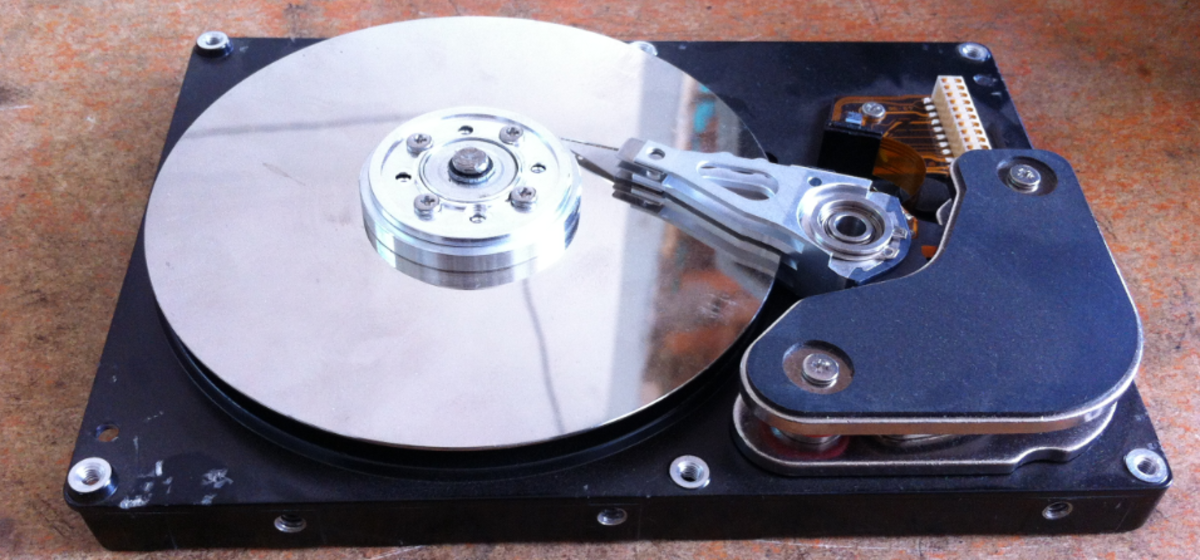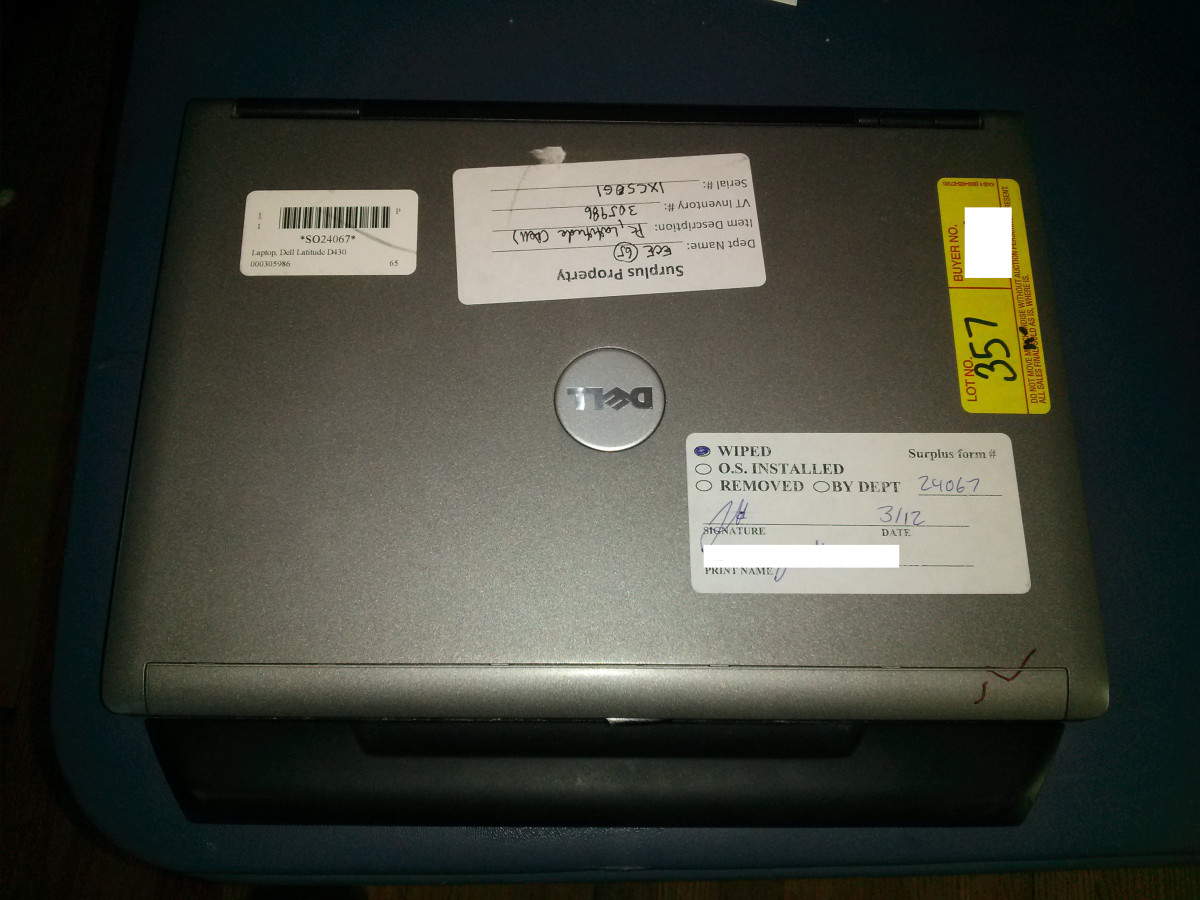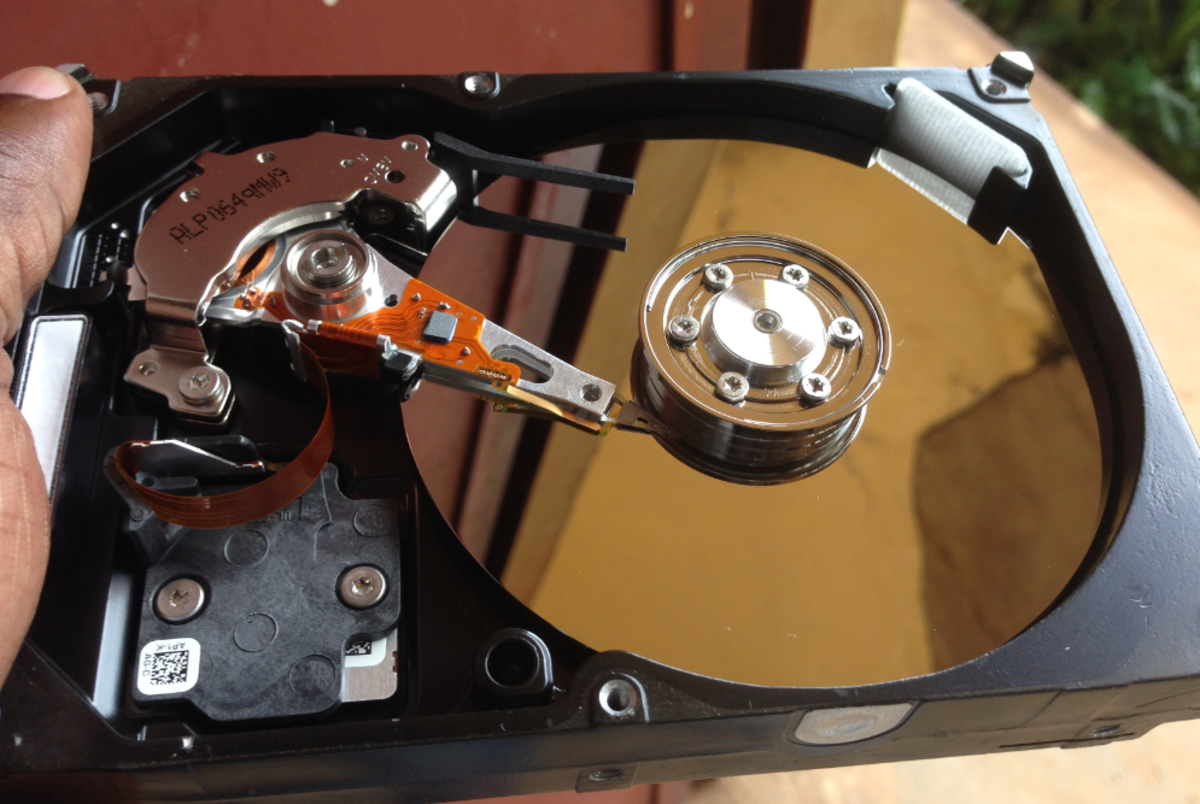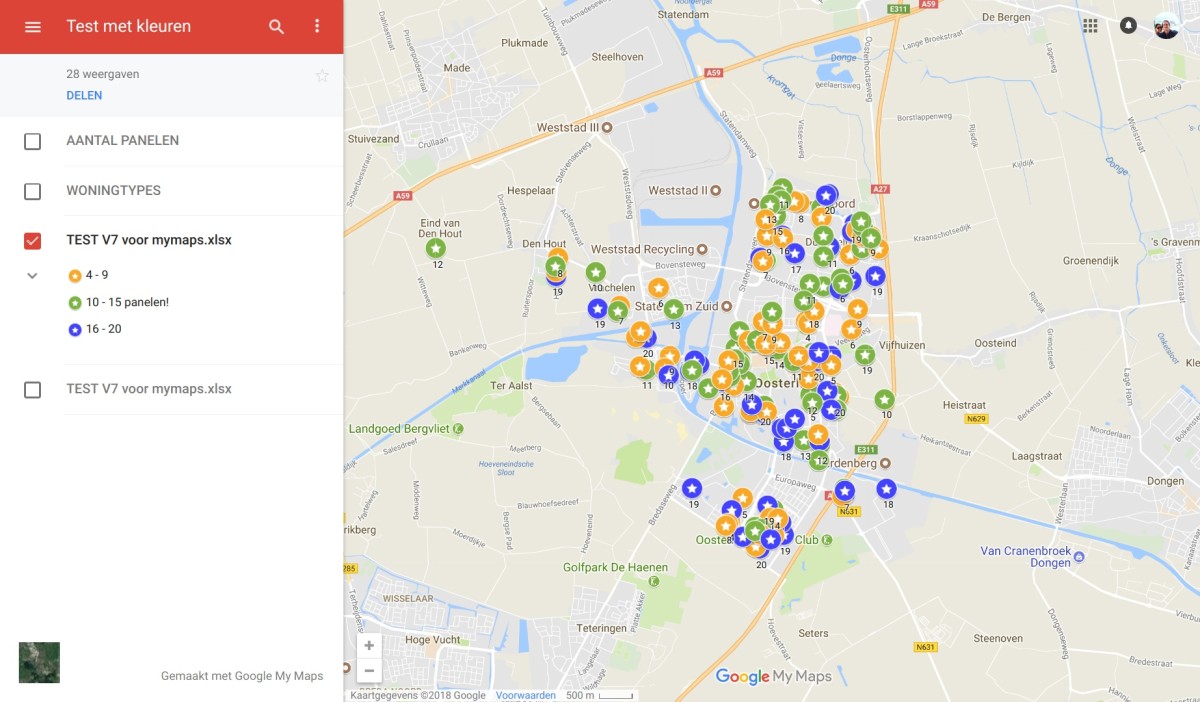Tips for Data back up and recovery
The worst nightmare of anyone who uses their computer for storing any essential data, work related documents and family photos etc..., is some catastrophic failure that results in the loss of all your data. Countless people everyday loose all the data they have accumulated over their equally countless hours spent on their computers due to a whole myriad of reasons such as fire, flood, data corruption, hard drive failure, power failure, the list goes on and on. Luckily there's a dream catcher of sorts for this new age nightmare, data back up and recovery tools.
In this hub I will offer a few tips and methods on how to back up your data and what options you have in the event of data loss with no back up.
For me it took two instances of loosing literally all of my data for me to begin backing it up. The first time I lost all my data was on the first computer I ever bought, I brought it to a local computer shop for a general maintenance. The computer shop had formatted my hard drive and did a fresh install of windows which was unknown to me until I brought my computer home and booted it up to find all my data missing. They were apologetic when I asked them about all of my missing my data but did have a policy of not being responsible for the loss of any data while the computer is in their possession and it was my fault as well for not backing up. The second time I lost all my data was completely my own fault. I formatted the wrong partition on accident deleting all of my pictures,videos and documents instead of the windows installation on the other partition I had intended to format. Sense then I have learned to always back up my data and to make use of data recovery tools. Hopefully this hub will help a few people learn from my mistake of not backing up, it really is a simple and quick process once you know how.
Data back up
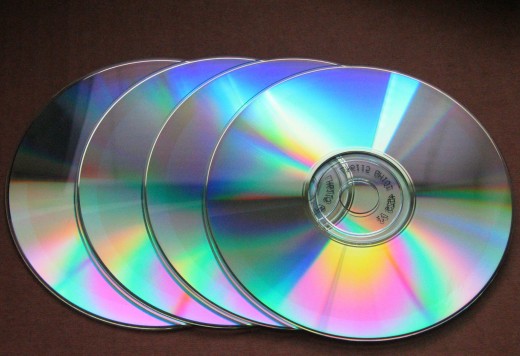
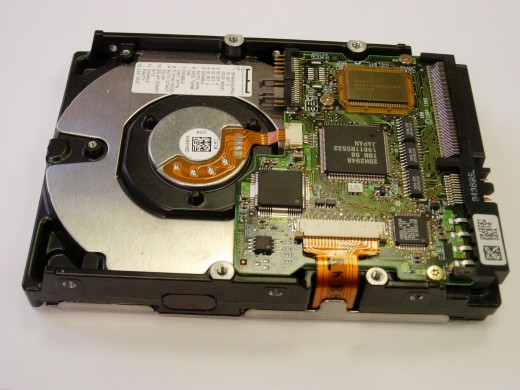
There are a few different options on how and where to back up data. Some are very cheap and others will have a monthly fee associated with them. It is often a good idea to use more than one method, redundancy is what data back up is all about.
1.) Media: CD, DVD and Blu-Ray
This is the option I first started using for data back up, I quickly started amassing piles and piles of CDs. This Media is definitely not the best option for this reason. Blu-Ray has the potential to change this with very large disc capacities but it is still to expensive for my liking. When using CDs or DVDs this option is still relatively cheap, assuming you already have a burner of some sort. As far as long term storage this is not the best option but every now and then I still pull an old box out from the basement and see what it was I thought was so important ten years ago. I've had no problems loading any of the media yet.
2.) Flash drives and external hard drives
While this option may seem expensive in the long run it is actually fairly low on cost. Where as with CDs and DVDs you have to go buy a stack every time you want to back up all your files you only have to buy an external hard drive once if you buy a big enough one the first time around, I recommend 500GB or more. Flash drives are better suited for small very important amounts of data. With the dropping price and increasing size of flash drives this is quickly changing however. Many companies are now giving them away with promotional offers. The college I went to even gave them out on orientation day. Whether you make use of flash drives or external hard drives both are well suited for long term storage. This is the option ive been using for close to five years now.
It is important to remember with the above options that unless you physically store your removable media in a separate location than your computer you wont be safe from things like fires and floods.
3.) Internet back up
I see ads and commercials for Internet data back up all the time and I have taken advantage of a few different companies free promotional services but have never made any real use of it even though Internet data back up has many advantages over the above mentioned. Some of the advantages to this option are, your data will be stored in a remote location, is accessible anywhere you have Internet access and you can store large amounts of data. The problem with Internet data back up is it requires you to pay a monthly fee, something I'm not to keen on doing anytime soon. Another problem I have with this is option is not having physical access to where my data is stored. This raises concerns about long term storage. For those who require everyday access to large amounts of important data everyday and dont want to carry around piles of CDs , flash drives or an external hard drive this is the best option. A very popular web site for Internet data back up is Mozy.
4.) Windows back up and restore utility
The windows back up and restore utility is a very good option for data back up. Windows back up and restore will not only create a back up of all your data but an "image" of an entire drive which will allow you to restore your computer to the exact same state it was when you created your hard drive image. Windows back up and restore utility does this by making an exact copy of any hard drive you choose which can then be reloaded to any hard drive, this copy is referred to as an "image".
To start you will want to locate this utility, in Windows 7 you can just type "back up and restore" into the "search programs and files" bar located in the start menu and click the "back up and restore" option that appears. In XP you'll have to search for this utility in the control panel. Once you have opened the back up utility the first thing to do is create a system repair disk. This repair disc will allow you to boot your computer in the event of a hard drive failure of some sort as well as copy the hard drive image you're going to make in the next step. To make an image of your hard drive you're going to need an external hard drive of equal or greater capacity then the amount of data you will be copying unless you want to burn the image to multiple discs which I don't recommend as you will no doubt need many many discs. The windows back up utility will let you know the required amount of space. All you have to do once your external hard drive is plugged in is click the create system image option or set up a back up, follow through with the onscreen instructions and that's it, let the utility create an image it's really that easy. The best part about this method is you can place the system image you have created onto any computer that will be running the same version of windows. Remember to label your repair disc with a date and the version of windows you used also remember to date the image you create.
Data Recovery
Data recovery is actually a large industry, ranging from simple downloadable free tools to huge businesses specializing in computer forensics. When you delete or format anything on a hard drive it is not truly gone until some other data is physically written over the entire section of your hard drive the original deleted data is stored in. It will surprise nay shock you what you will find just using simple free recovery tools that run in windows. Here are a few options for data recovery.
1.) Free utilities
These are only useful if you have accidentally deleted something or formatted the wrong drive. I like to use Pandora Recovery myself, it has three different scans and a very nice built in wizard that will guide you through the recovery process. It can be very tedious searching through all the files you re going to find with Pandora or any other utility for that matter. Be prepared to do some searching, I find listing the files by size helps quite alot.
3.) Data recovery specialist
If your hard drive has suffered any physical damage and has stopped working or lost data as a result the only option is to go see a data recovery specialist. A data recovery specialist can often times recover data from hard drives that have been through things as extreme as fires, floods, and electrical shock to list a few. This Can be very expensive and only recommended if you have something very important to recover. To find a specialist check local online business directories and yellow pages for your city or nearby cities if you live in a rural area.
Here are some more hubs of mine that may be useful to you.
Slow computer? Tips to improve computer performance for free
Buying a new computer, how to find the best and cheapest
Do you need to upgrade your computer or buy a new one
Tips on deleting data for good
How to install computer hardware
Tips on how to make your computer start faster

